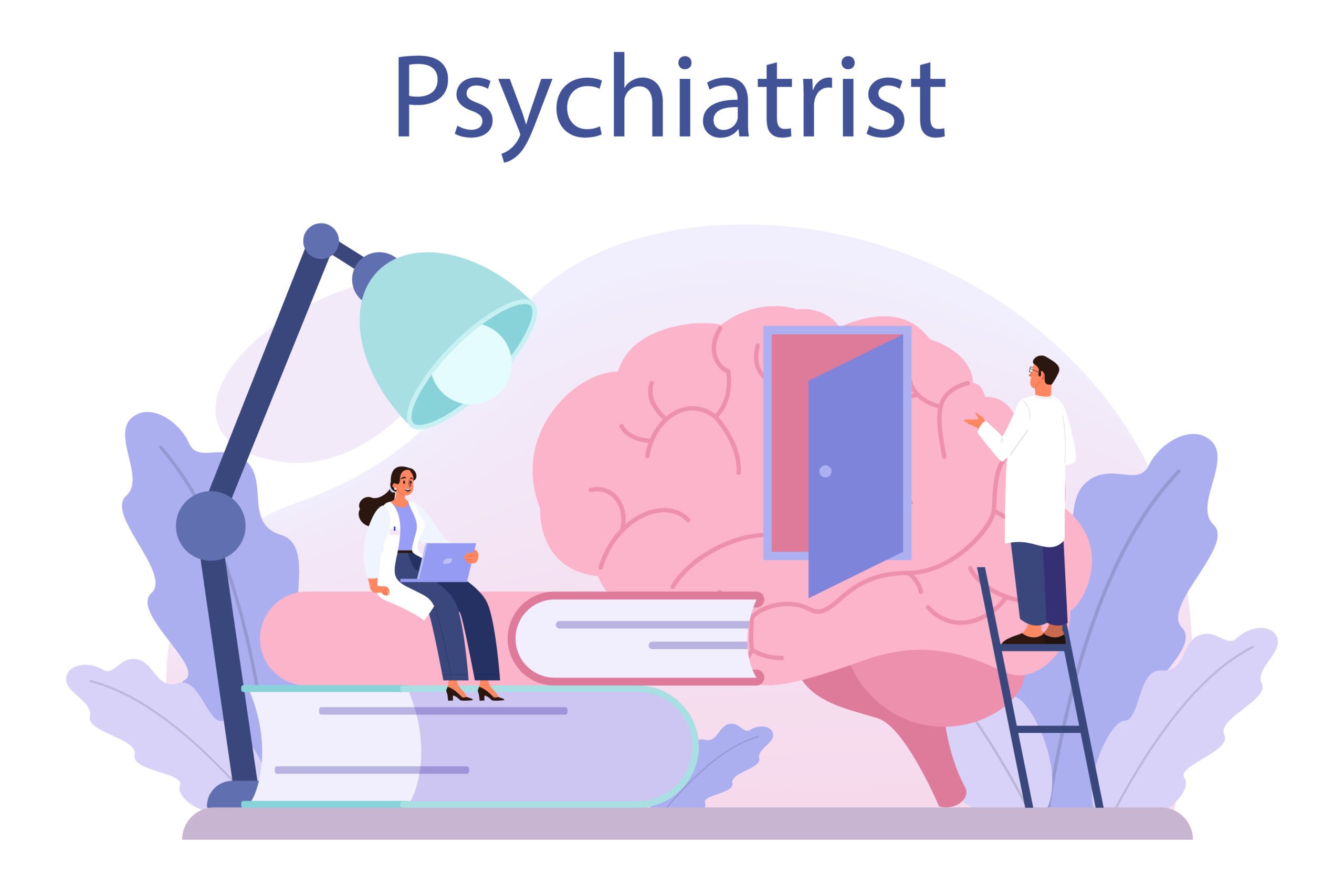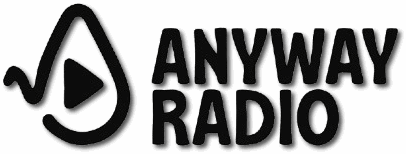Knowing the psychology of the unconscious enables us to see how unconscious mental processes affect behavior, emotional health, and decision-making. Using insights from contemporary research and timeless psychological principles, we will examine practical solutions for common problems in this article. There will be no jargon, just kind, expert advice, and you will leave with specific, doable actions that you can take right away.
Understanding the Unconscious Mind

The term “psychology of the unconscious” describes mental processes that are not conscious to us. Consider an iceberg. Your conscious mind is the visible tip, while your unconscious thoughts, memories, habits, and emotions are represented by the much larger submerged portion. These unconscious processes are reframed by contemporary cognitive psychology as implicit or automatic mental processes that influence our everyday behavior without our awareness, such as habits, priming effects, and intuitive flashes.
Despite being invisible, these subconscious systems have a significant impact on everything from automatic responses to ingrained habits to ingrained prejudices and innovative problem-solving during incubation periods.
Common Challenges & How the Unconscious Plays a Role
Recognizing automatic, unhelpful habits
Our automaticity—the capacity to carry out tasks without conscious thought—can be advantageous (such as when we type or drive) or detrimental (such as when we procrastinate or unconsciously correct our actions).
Unconscious triggers that evade our logical control are frequently the cause of negative thought patterns, overeating, or rash decisions. They feel “out of our hands” because we don’t fully understand them.
Lacking clarity or creative insight
Overworking one’s mind while stuck on a problem can prevent breakthroughs. By allowing the mind to function in the background while conscious effort is at rest, the unconscious frequently finds solutions to issues. However, a lot of people never take a long enough break to let these gut feelings come to the surface.
Feeling stuck emotionally or behaviorally
Past conflicts, unresolved emotions, or absorbed beliefs—also referred to as introjections—can function subconsciously and affect present-day responses, such as reproducing childhood patterns. These dynamics subtly influence emotions and decisions when people are unaware of them.
Practical Steps to Leverage Your Unconscious Mind
Step 1: Build self-awareness of triggers and habits
Enumerate typical emotional triggers or recurrent patterns, such as procrastination, automatic conversational reactions, or stress eating.
Then include a brief pause before acting: ask yourself, “What am I responding to?” while taking three deep breaths. This brief interval aids conscious awareness in identifying hidden patterns.
Step 2: Use incubation for creative problem solving
When you’re stuck, take a quick break. Take a shower, go for a walk, or engage in a soothing activity. This mental pause enables unconscious incubation to take place, which frequently results in clarity or a novel idea later on. After the break, note any unexpected realizations, dreams, or visuals that come to mind.
Step 3: Strengthen intuition through reflection
It is not mystical to trust your intuition; rather, it is the unconscious processing of past experiences. Joel Pearson, a neuroscience researcher, proposes the SMILE method, which emphasizes self-awareness, mastery, identifying familiarity with the environment, understanding low-probability, and differentiating impulses. Practice by halting before making decisions and paying attention to both the initial emotions and the logical justifications. You will eventually learn which internal cues are trustworthy markers.
Step 4: Reframe negative self-talk and introjected beliefs
Determine the origins of recurrent inner messages, such as “I’m not good enough” or “I have to please others.” Consider whether this belief is truly mine or if it was unintentionally taken from someone else.
Then purposefully reframe using a more encouraging narrative. This rewiring gradually changes the subconscious default to a more positive outlook.
Step 5: Use priming intentionally to shape your day
Establish small cues that subconsciously influence behavior, such as leaving exercise shoes by the door, putting water on your desk to promote drinking, or putting a motivational quote up where you can see it.
Over time, such priming can subtly influence behavior, making constructive adjustments seem natural.
Informative Deep Dive: Foundations and Modern Research

According to Freud, the unconscious is a storehouse of suppressed memories and desires. The idea is further developed by modern cognitive science, which uses tests like continuous flash suppression and implicit association tests to examine unconscious processes such as implicit memory, automaticity, priming, and intuitive judgments.
John Bargh and others have demonstrated how unconscious goals and social cues shape daily behavior, from eating habits to consumer choices, and that these influences are frequently more powerful than conscious attempts to regulate behavior. In the meantime, incubation is emphasized as a crucial component of unconscious problem-solving that results in insights in Wallas’ four-stage creative model.
In practice, these theories align: we can achieve greater clarity, creative potential, and emotional resilience by acknowledging and collaborating with our unconscious mind.
How This Helps You Today
- Do you struggle with emotional triggers or procrastination? The cycle can be broken more quickly by identifying the automatic cues that underlie them.
- Do you feel that your creative or personal endeavors are being hindered? Setting aside time for incubation—taking a step back and relying on gut feelings—sparks new ideas.
- Having to make decisions or deal with stress? Positive habits can take over without conscious effort when self-awareness and favorable surroundings are fostered.
You can improve performance, mental health, and general well-being by intentionally directing unconscious processes through introspection, new routines, and purposeful cues.
Conclusion
Unconscious psychology is not abstract; it influences our daily decisions, emotions, food, and creativity. You can turn unconscious habits into workable solutions by becoming aware of hidden triggers, utilizing incubation to gain insight, having faith in your refined intuition, and priming supportive behaviors.
Start small: take a moment today to notice your automatic reaction. Allow your unconscious to work with you to solve everyday issues rather than against you.










